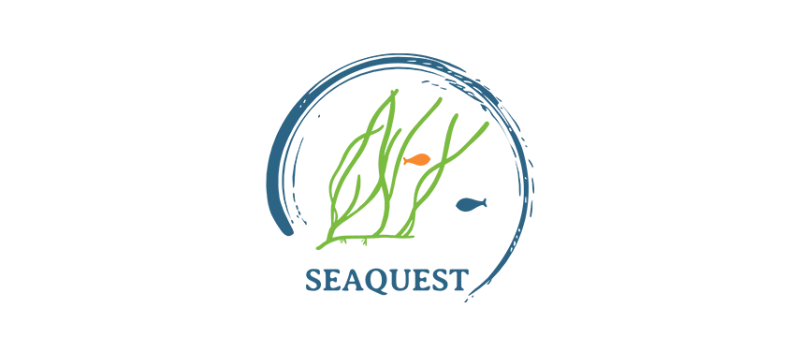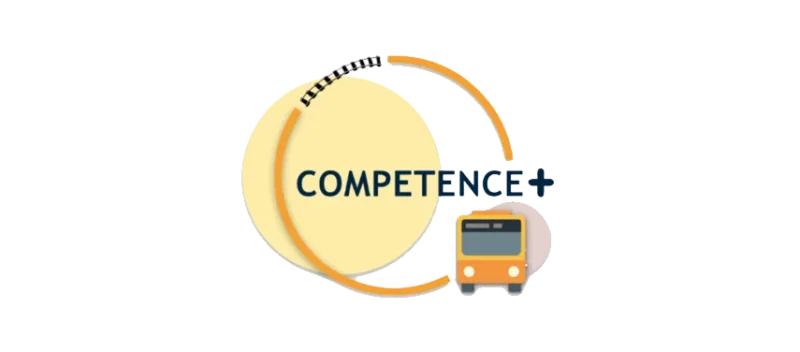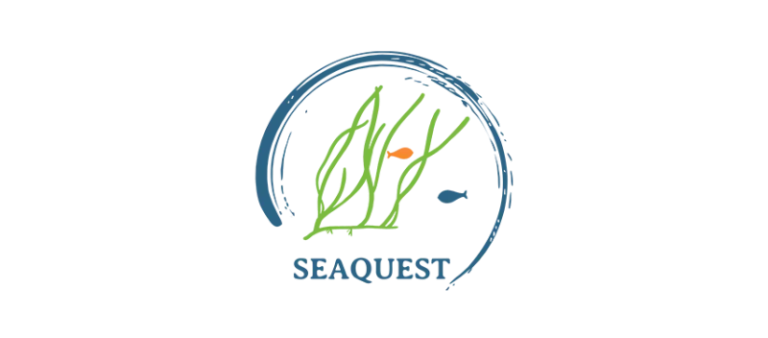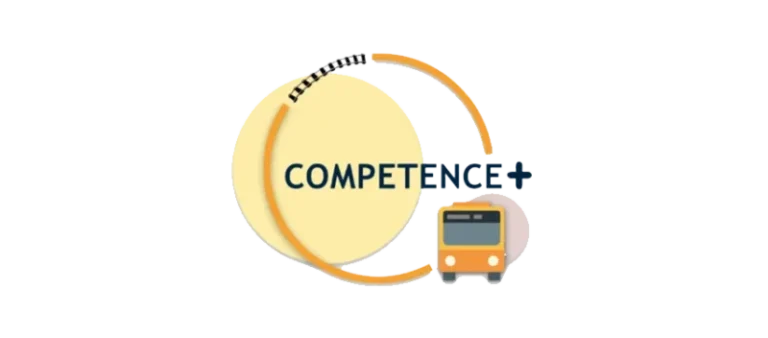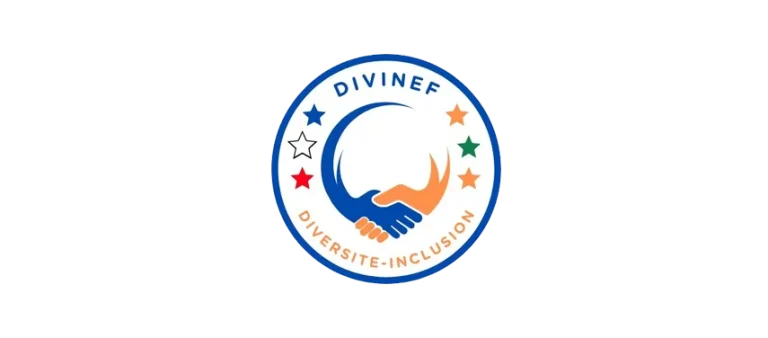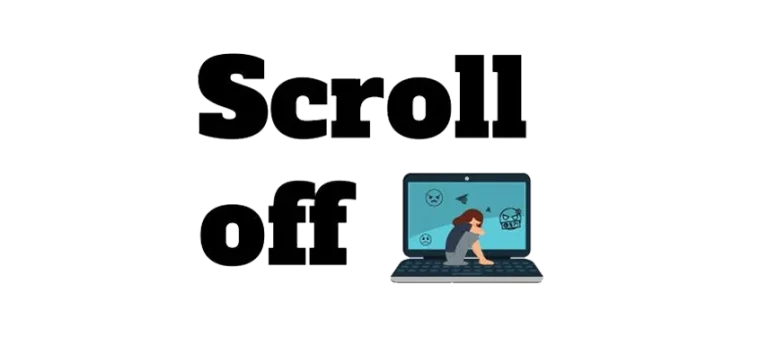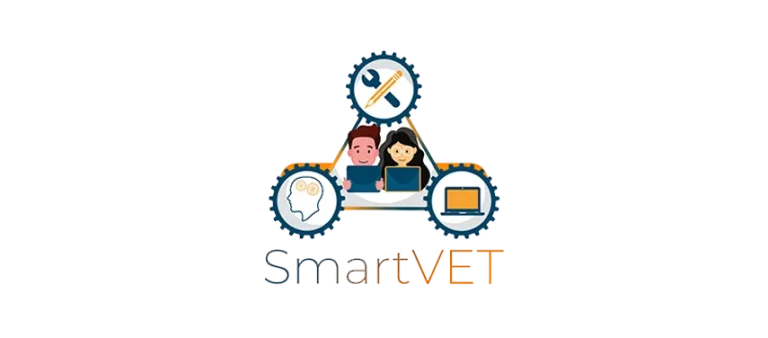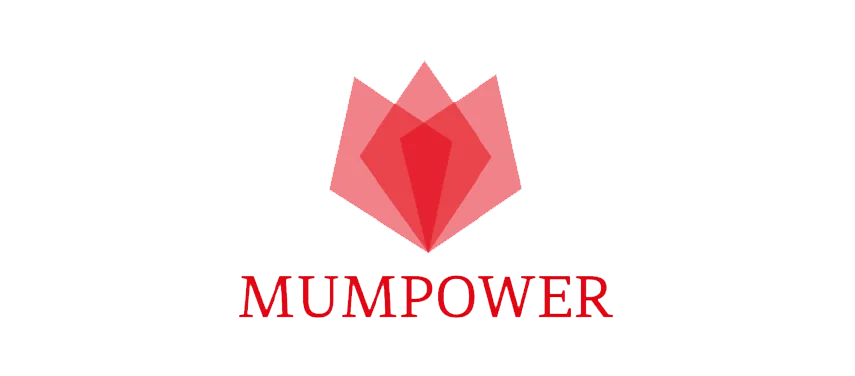
MUMS IN POWER
Empowering Mums Through The Development Of Entrepreneurial Skills
Entrepreneurship is important for the economy as it is a driver of economic growth, job creation, and social change. Entrepreneurship promotes global prosperity and creates new opportunities all over the world.
Despite mounting evidence that investing in women’s economic empowerment boosts global development, women are less likely than men to start businesses around the world, owing primarily to cultural and social barriers pecifically in Europe, despite the fact that women outnumber with regards to population ratio (52% of the population), female entrepreneurs account for just a third of the self-employed in the EU (only 34.4 percent of the EU self-employed and 30 percent of start-up entrepreneurs).
Lack of funding, knowledge, training, access to networks for business purposes, reconciling business, and family concerns are just a few of the factors that make entrepreneurship a less appealing choice for women than it is for men. Women entrepreneurs contribute significantly to the development of the global and local economies. Many of the contributions come from a growing movement known as “Mumpreneurs,” which refers to mothers who run their own businesses.
Mum Power Objectives
The main objective of this project is to train the adult education trainers and prepare them to support professionally inactive mothers, who want to improve both their personal development and develop entrepreneurial mindsets. As a result of the training, mothers will not only improve their employability but also reinforce their participation in civic and social life. (European council recommendations on key competences for life-long learning 2018).
Main Objectives:
- Improve access to entrepreneurship education and social entrepreneurship for unemployed mothers, especially those who face multiple barriers (single mothers, refugees, low income, domestic violence victims, mothers with disabilities, and social needs).
- To encourage mothers who are unemployed or inactive to take the risk of starting their own business.
- Support and aid gender equality in the labour market
- Help unemployed mothers start their own business in the new economy by encouraging and guiding them.
- Encourage unemployed mothers to learn basic skills and competencies
- To train adult educators on the most efficient training strategies for mothers-to-be
- To support mothers in building their confidence as well as expand their network, strengthening their reach
- To equip adult educators workers with the training skills to be able to support mothers develop their entrepreneurial skills
| Organization Name | Country |
|---|---|
| STICHTING VROUW EN WELZIJN | Netherlands |
| ASOCIACION EGERIA DESARROLLO SOCIAL | Spain |
| UNION- NATIONAL COUNCIL FOR GENDER EQUALITY | North Macedonia |
| BUYUK ORTADOGU SAGLIK VE EGITIM VAKFI | Turkey |
| STANDO LTD | Cyprus |
| STICHTING SUNNY DAYS | Netherlands |
Disclaimer: This project has been funded with support from the European Commission. This publication reflects the views only of the author, and the Commission cannot be held responsible for any use which may be made of the information contained here.
